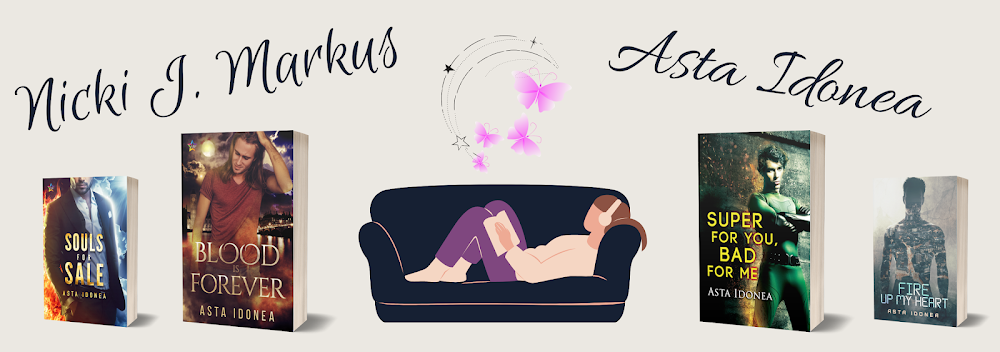Today I wanted to talk a little about writing dialogue in your stories. Crafting good dialogue is sometimes trickier than it might sound, because in novels your characters will not speak the same way we would do so in real life.
Picture this: you are walking down the street and bump into an acquaintance. Someone you've not seen for a few weeks. After an initial greeting, perhaps you'll ask after each other's health, discuss what you've been up to lately, what TV programmes you've been watching, what books you've read. Maybe you'll elaborate on your reasons for being out and about that day; perhaps you'll decide to go for a coffee together.
Sounds fine, yes? And in everyday life, you'd be correct. But write out a dialogue like this in your book and you'll put your readers to sleep. The purpose of dialogue in a novel is to enhance and, as much as possible, also advance the story. Conversations in fiction need to be sharp and to the point, keeping the story moving along at a good pace. The reader doesn't care about what each character had for breakfast, they want to know how they plan to band together to defeat the evil queen etc.
So bear that in mind as you write dialogue, and remember that less is always more. Perhaps you have a character whose trait is being excessively verbose? In his case, by all means make his dialogue more rambling, in keeping with his personality, but otherwise go for brevity and clarity at all times.
An exception to this rule may be when you need a character to explicate through their speech to another character, explaining something important that has happened which their companion - and the reader - need to know. I've found the golden rule here is only to do this when you've not already provided the reader with the information. Say we already saw these events taking place in the last chapter; in that case, the reader doesn't need to hear it all again, so have the characters discuss between themselves mostly off-page. If we haven't already heard tell of the events, it is then all right to include a longer explanation in the dialogue, so long as you stick to the facts and keep it as succinct as possible.
If anyone has any questions on anything I suggest in these posts, do feel free to comment below and we can start a discussion. For now, I will sign off, and hope you will join me again next time when I will look at the idea of 'show don't tell'.

No comments:
Post a Comment